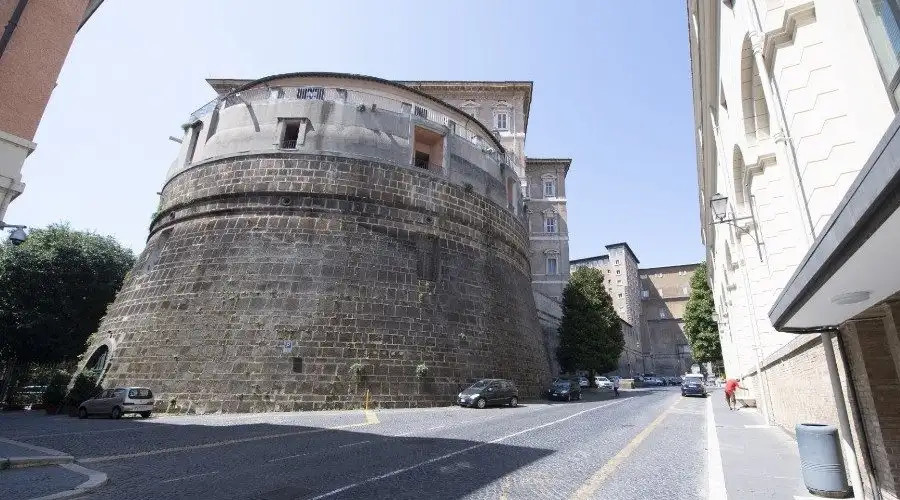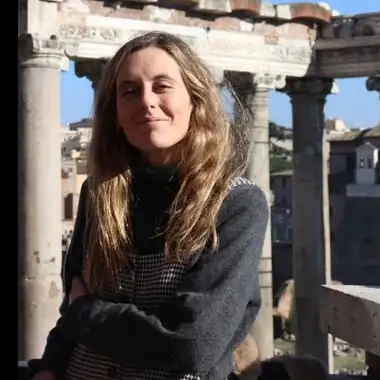
The Vatican has released a document on March 7 outlining changes that will take place at the Institute for the Works of Religion (IOR), aimed at complying with the provisions of Pope Francis' apostolic constitution Praedicate Evangelium.
In a chirograph published on Tuesday, the Holy See confirmed the renewal of the IOR, also known as the Vatican Bank.
The new statute includes a more agile governance structure to prevent conflicts of interest and greater transparency in its activities. It comes almost a year after the Holy Father called for the renewal of the Roman Curia.
In the document released this morning, the Pope stated that he wishes to "further renew the Statute of the Institute for the Works of Religion to make it in line with the most modern organizational needs as well as with the operational needs that arise in the daily activity of the Institute."
According to the Pontiff, this reform "responds to the need to clearly and distinctly define the areas of respective competences and responsibilities of the Institute's organs most involved in its management (strategic and operational), maintaining the spirit of close and loyal collaboration that should distinguish both organs."
Likewise, Pope Francis emphasized that the purpose of the IOR "is to provide for the custody and administration of movable and immovable assets transferred or entrusted to it by natural or legal persons and intended for works of religion or charity."
Requirement for an external auditor
This new statute confirms the requirement for an external auditor, who may "express their opinion on the Institute's financial statements with a specific report."
In addition, this reviewer will have the power to examine all accounting books and documents, as well as the ability to "request any information useful for their own auditing activity."
IOR structure
Regarding the structure of the entity, Pope Francis confirmed that it will be composed of the Commission of Cardinals, the Prelate, the Board of Superintendence, and the Director-General.
The new changes establish that the Commission of Cardinals will be composed of five Cardinals appointed by the Pontiff whose task will be to monitor "the fidelity of the Institute to the rules established in the Statute."
On the other hand, the Prelate will be appointed by the Cardinal Commission, and their contract will be for five years. Their position can only be renewed once, so they can hold the position for a maximum of ten years.
The primary role of the Prelate will be to "help administrators and employees govern and function according to the founding principles of Catholic ethics and in coherence with the Institute's mission."
The Board of Superintendence will be responsible for "defining and approving the Institute's strategic and policy guidelines, as well as supervising their implementation." It will be composed of seven people "with recognized economic and financial experience and proven reliability appointed by the Cardinal Commission."
The members of this Board can also hold their position for five years and can be renewed once.
Furthermore, the new changes establish that "the Director-General is appointed by the Board of Superintendence from a list of at least three suitable candidates, and their appointment is approved by theCommission of Cardinals."
The Director-General can be hired for an indefinite or fixed term and will be "responsible for the management and control of all activities related to the administration, management, and organization of the Institute, as well as the hiring and management of personnel."
Likewise, "they may assign one of the Directors the function of Deputy Director to replace them in their functions of ordinary administration and management of the Institute in case of absence, impediment, or delegation."

Almudena Martínez-Bordiú is a graduate in Journalism and Advertising from CEU San Pablo University in Madrid, with studies at LUMSA in Rome. Former Vatican correspondent for ACI Prensa and EWTN. Now Europe correspondent based in Madrid, covering major Catholic events and Church affairs.







